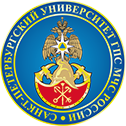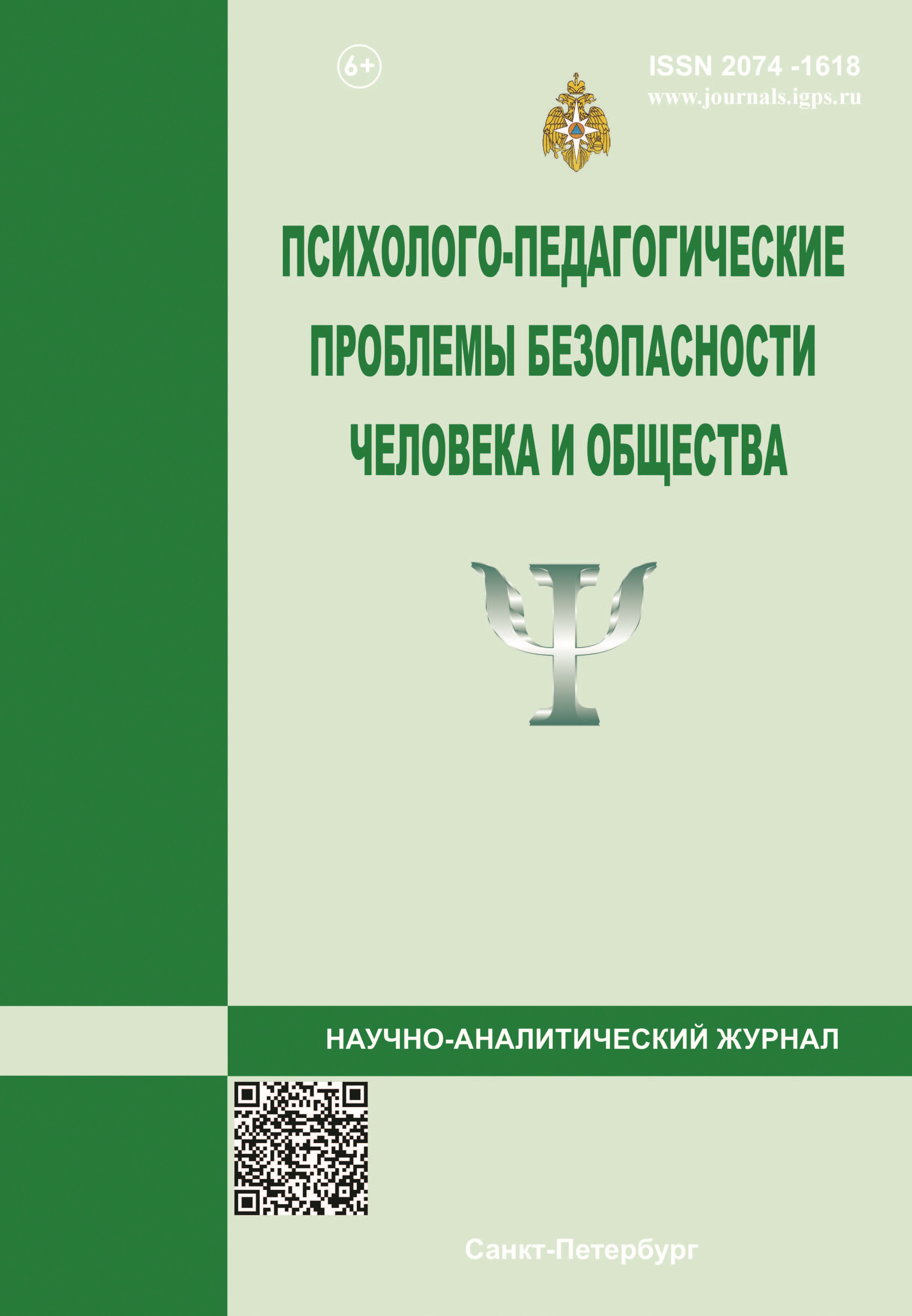Рассмотрены основные школы и направления в рамках глобалисткой парадигмы теории международных отношений. Выявлена теоретическая и концептуальная связь глобалисткой парадигмы и глобальной геополитики в анализе и осмыслении актуальных проблем мирового развития и международных отношений.
международные отношения, глобалистика, глобальные исследования, геополитика
1. Rosenau J.N. Order and Disorder in the Study of World Politics // Ray Mghroori and Bennet Ramberg (eds.). Globalism versus Realism: International Relations, Third Debate. Boulder, Co.: Westview Press, 1982. P. 1-7.
2. Frank A.G. Capitalism and Underdevelopment in Latin America. New York: Monthly Review Press, 1969.
3. Wallerstein I. Globalization or the age of transition? Along term view of the trajectory of the world system // International Sociology. Vol. 15. 2000. № 3.
4. Валлерстайн И. Миросистемный анализ: Введение / пер. Н. Тюкиной. М.: Изд. дом «Территория будущего», 2006.
5. Chase-Dunn C. Interstate System and Capitalist World-Economy: One Logic or Two? W. Ladd Hollist and James N. Rosenau (eds.). World System Structure: Continuity and Change. Beverly Hills, CA: Sage Publications, 1981. P. 31.
6. Galtung J. A Structural Theory of Imperialism / Journal of Peace Research. № 2. 1971. P. 81-98.
7. Sivandan A. New circuits of imperialism // Race and Class. Vol. 30. № 4 (April - June 1989). P. 1-19.
8. Hall S. Brave new world // Socialist Review. Vol. 21. № 1. 1991. P. 58-60.
9. Mestrovich S.G. The Balkanization of the West: the confluence of postmodernism and postcommunism. Londo and New York: Routledge, 1994. P. 158-165.
10. Wood E.M. The retreat from class. London: Verso, 1986. P. 18-19.





